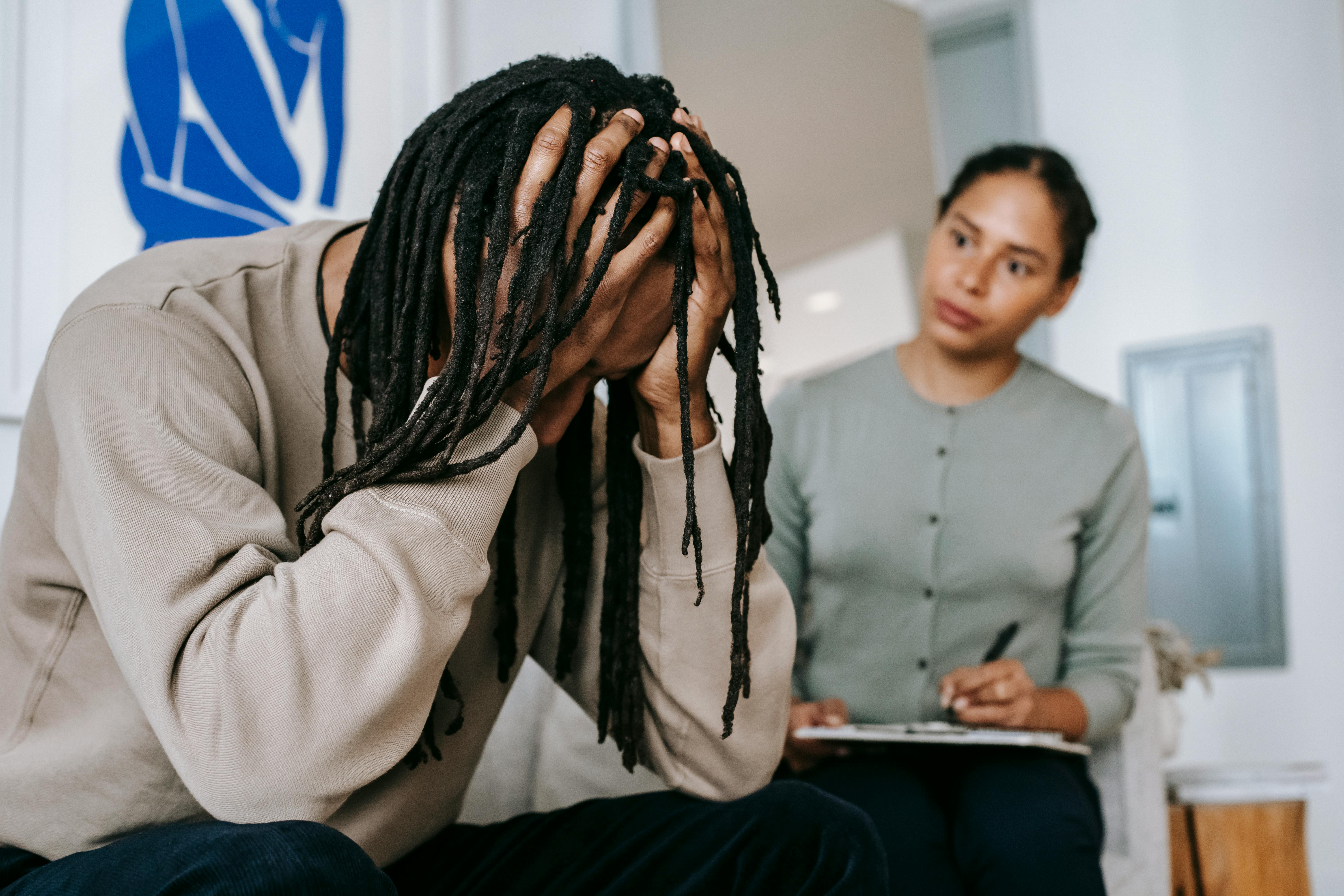We talk of issues such as epidemics, pandemics and other infections that can be spread through contact but neglecting to talk of actual illnesses that is taking a toll of numbers of people be it male or female cases.
Stories have been written, read and broadcasted surrounding the issue, however there is still a gap.
A recent data in Malawi, via Malawi police service has shown recorded cases of suicide which is a total of 276 cases from January to June 2024, this just proves that we have psychological issues that people do not intend to talk about. This is not only in low income countries like Malawi, we have a lot developed countries that has the same story for instances South Africa, Lesotho, Eswatini, Zimbabwe and Cameroon just to mention a few.
Why is all this happening?
Reports by the World Health Organization (WHO) and the National Library of Medicine: global health action 2018 states that mental health is a neglected priority to many low income countries, while rural areas in these countries seem to be even further neglected. But what is this mental health, what's the issue about.
This is what it means by the World Health Organization (WHO) conceptualizes mental health as a “state of well-being in which the individual realizes his or her own abilities, can cope with the normal stresses of life, can work productively and fruitfully, and is able to make a contribution to his or her community"
Causes of Mental Health Issues in Africa:
The first and foremost number one factor is Poverty; High poverty rates in African Countries lead to frustration, straining thinking capabilities and causing mental health issues.
Let’s look at another cause, Urbanization and migration, uncertainties faced by migrants such as gas accidents, impart traumatic effects.
Last on the list is domestic violence; Widespread in countries with high mineral levels leading to depression and post-traumatic stress disorder.
We may see this as assumptions but let’s hear of a story from a local individual in Malawi;
The Story of Chikondi Mwale.
Chikondi, a 20 year old student at Soche Hill Secondary School in Blantyre, struggled with depression after losing his mother in 2022. He experienced persistent sadness, fatigue, difficulty in concentrating and changes in sleeping patterns.
Fortunately, his life skills teacher intervened, using cognitive behavioral therapy and advising antidepressants, which helped chikondi regain his strength.
· We can learn through his story and this just an example.
How to treat and support patients of mental health.
· Cognitive Behavioral Therapy: Effective in addressing depression and anxiety.
· Antidepressants: Useful in managing mental health issues.
What happens if these issues are neglected?
Research from Mental Health Innovation Net (MHIN) has listed some of the risks of not treating mental health issues;
- Worsening symptoms
- Impaired relationships
- Decreased productivity
- Increased suicidal thoughts.
Noting the above list, increasing cases of mental illness can affect the economy of a country,
Mental illness costs the U, s economy $282 billion annually, which is equivalent to the average economic recession. According to a study by Yale economist Aleh Tsyvinski.,
Compare this to African countries, it’s a huge blow as the continent has already economic challenges.
Goal number 3 of the UN Sustainable Development goals “Ensure healthy lives and promote well-being for at ages”.
What must be done?
African countries must increase raise awareness in those remote areas, some of the points include.
Open up: Break the silence surrounding mental health.
Support: By encouraging those struggling with mental health issues
There is a quote from DR Precious Makiyi, one of the psychologist specialist in Malawi “Societal norms and myths are some of many causes of mental health issues in Malawi, in agreement to this an article on debunking mental health taboos.
in Africa by SOS Childrens’Village says lack of understanding about mental health and its associated illness prevents millions of people in Africa from seeking medical care.
It is that statement “I do not want others to know this, a man never cries” this statements of denying emotions just to prove the society, that an individual is sane is a problem.
There is a lot on this issues, a gap to fill but by working together, we can address mental health issues in Africa and ensure that individuals like the case of Chikondi receive support they need.
Let us priotise mental health for all.






